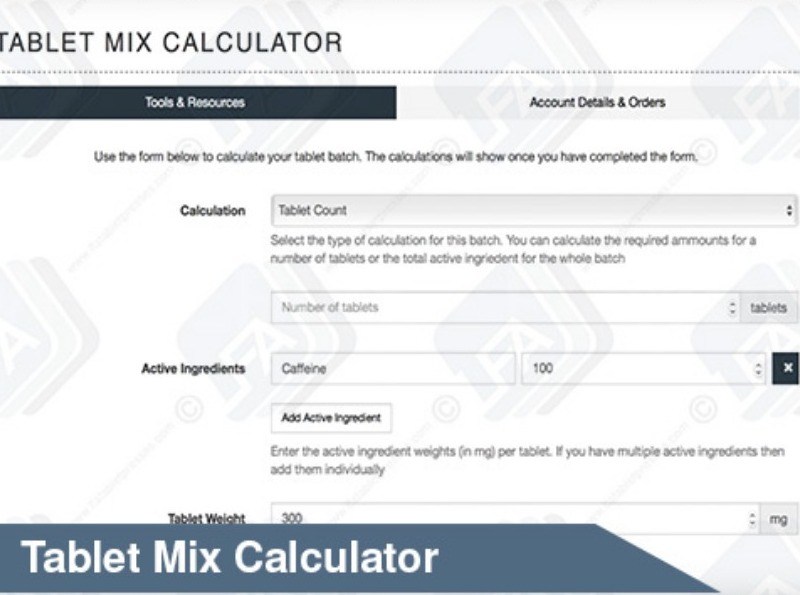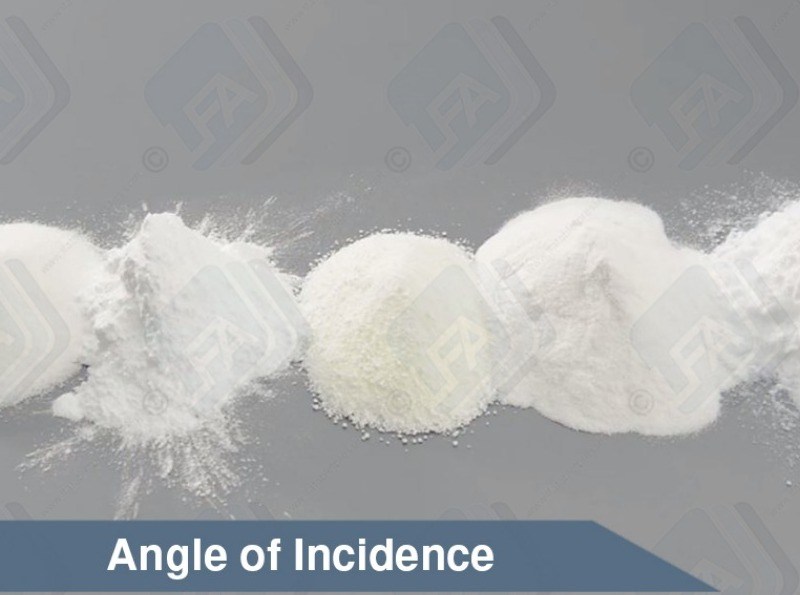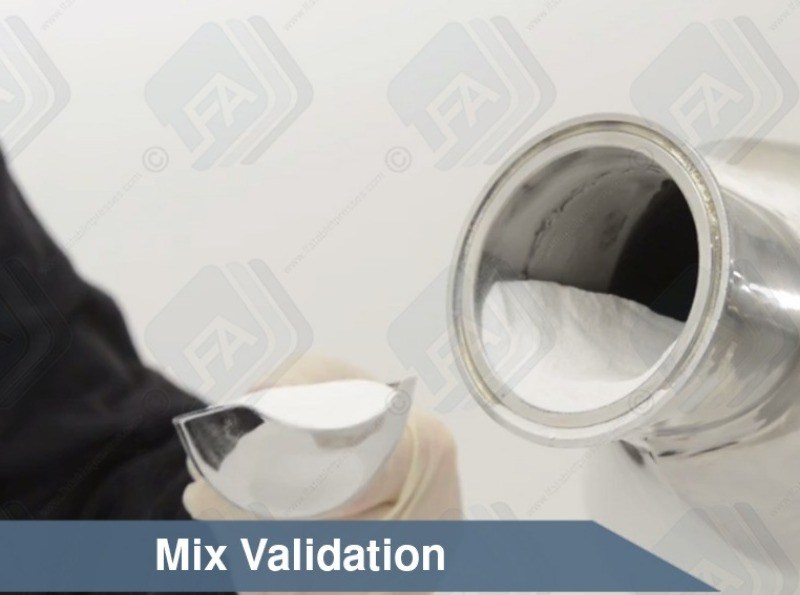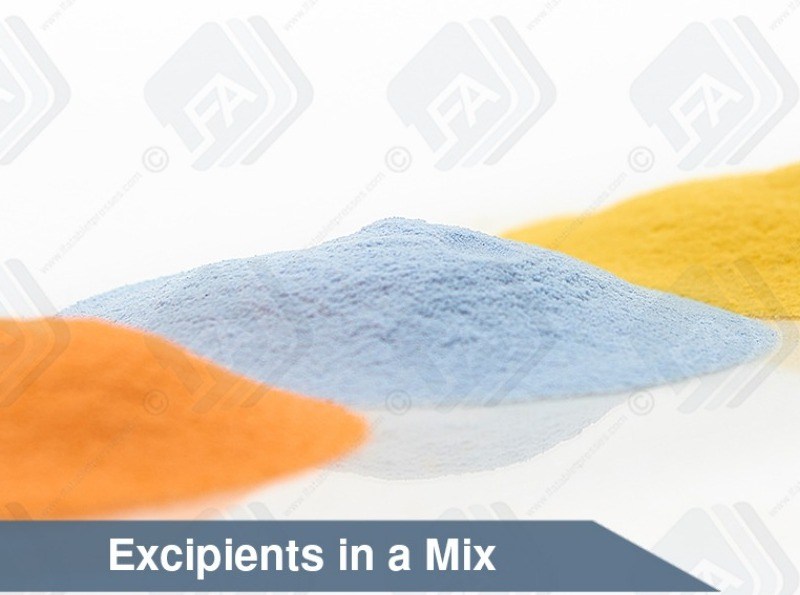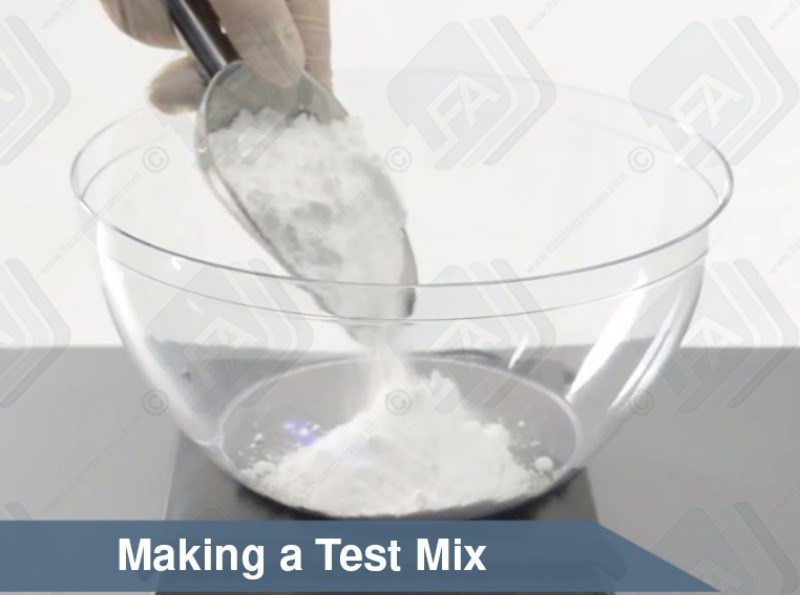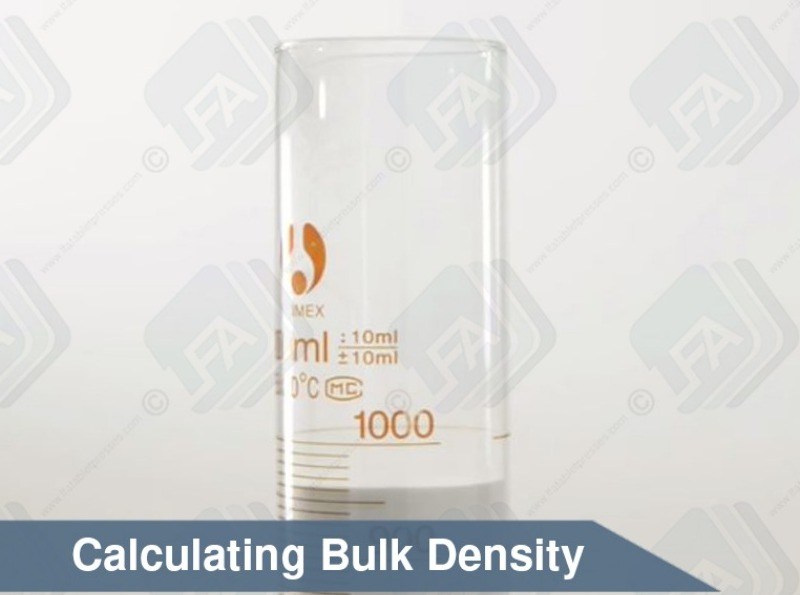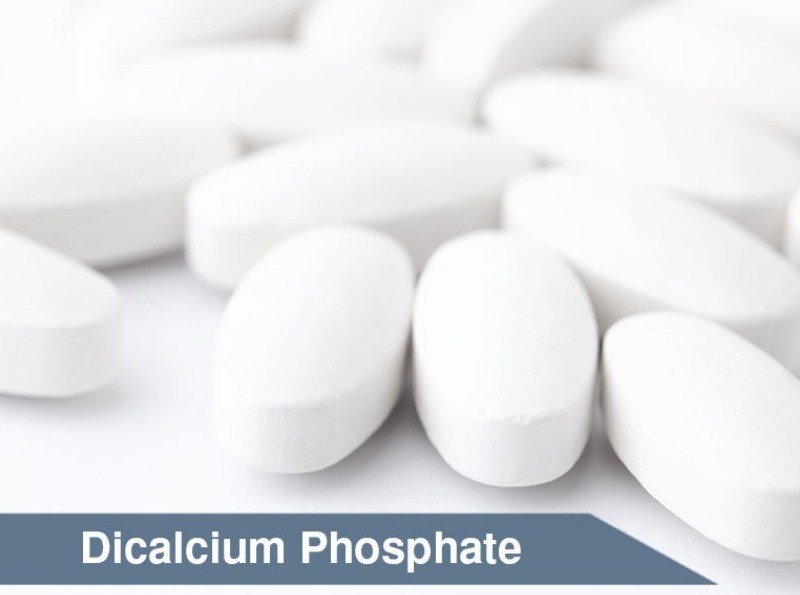Dicalcium Phosphate
Dicalcium Phosphate is an ingredient used in the production of tablets and capsules as a flowing agent. Our coarser grade Dicalcium Phosphate flows well and has excellent compressibility.
Connect with Our Team
If you have a question, require bulk pricing or would like more details about Dicalcium Phosphate , please complete the form below and someone from our team will be in touch with you soon.

Dicalcium Phosphate is an effective flowing agent that will contribute nutrients to your formula. It is added to many foods as a supplement to aid the well-being of both humans and animals. It is a product that consumers are familiar with, and makes the perfect addition to your tablet.
LFA's Dicalcium Phosphate is a crystalline, white or off-white powder. It is odourless and free-flowing. Flowability is a crucial element of the manufacturing process of tablets. It ensures that your ingredients will run through machinery with ease. Additionally, it means that your final product will have consistent ingredients throughout, and that each tablet will be the same.
LFA's Dicalcium Phosphate is directly compressible, reducing the effort to create new formulas. Compressibility is the ease with which a powder forms into a solid tablet.
Dicalcium Phosphate is highly soluble in citric acid and ammonium citrate. It has a pH of 6.5 to 7. Due to its alkalinity, it will not work with some acidic active ingredients. The binding properties of Dicalcium Phosphate are only moderate, and it will need to be used alongside other excipients.
Dicalcium Phosphate passes easily through the digestive system. It has many different uses, and is a dietary supplement on its own. It is often included in breakfast cereals, flour and noodle products. It is used as an anti-caking agent as it can absorb small amounts of moisture. Another prominent use for Dicalcium Phosphate is in animal feed, as it contributes to the animal's metabolism, and accelerates growth and development.
Handling Dicalcium Phosphate properly is important for the safety of the operator and the quality of the product. This product can irritate the eyes and with inhalation may cause mild chest discomfort. When handling, you should use protective eye gear, gloves and an inhalation mask.
Always store Dicalcium Phosphate in a sealed container and at a moderate temperature. Avoid exposure to moisture and extreme temperatures. Incorrect storage can affect the efficacy of the excipient over time.

Get Information on
Dicalcium Phosphate
Enter your details to get the User manual, Spec Sheet and Video links for Dicalcium Phosphate
| Name | Value |
|---|---|
| CAS number | 7757-93-9 or 7789-77-7 (dihydrate) |
| Molecular formula | CaHP |
| Appearance | White granular powder |
| Physical state | Solid |
| Storage | Store at room temperature |
| Melting point | Decomposes |
| Density | 2.929 g/cm3 (anhydrous) 2.31 g/cm3 (dihydrate) |
| Bulk Density | 1.28 g/cm3 |
| Molecular weight | 136.06 g/mol (anhydrous) 172.09 (dihydrate) |
| Documents | Dicalcium Phosphate Safety Data Sheet, Technical Specifications, and Intolerance Data |
Yes, it does not matter what age, size or sex the person consuming the products is. It is, however, important to check the intolerance data.
Yes, all of the excipients are safe for human or animal consumption. There are some precautions that should be taken when handling them and there are some people that might have intolerances to some of them. Information on this can be found in the products MSDS and Intolerance Data Sheet. This can be found in this section for every excipient.
Yes, there are all of them can be found in the intolerance sheets for each product. The intolerance sheets can be found here: https://www.lfatabletpresses.com/product-data
Yes, all of our Excipients are extracted from natural sources. For more information please visit the individual product pages.
Yes, we have bulk pricing for all of our excipients, and these can be found in this section. We offer bulk in 500 kg, 1 ton, 2 ton and 5 ton lots. The prices are set on these quantities as these are the amounts that will fit on pallets.
Yes. CoA stands for Certificate of Analysis this is also known some times as an MSDS (Material Safety Data Sheet) all of the information contained in a CoA is inside the MSDS for every LFA product which is emailed to you after purchase.
It is unlikely that you will be able to produce tablets without using any Excipients at all. Certain products do bind without Excipients, but then do not flow through the machine. We advise that you use our Firmapress ready mix as this works with 99% of products.
Yes. There are two things at play here. You can get hygroscopic and hydrophobic excipients. Hygroscopic means that they take on water quickly, while hydrophobic means that they repel water.
There are products know as supper disintegrants. These products help the breakdown of tablets. At the moment LFA does not sell any supper disintegrants.
Magnesium stearate is hydrophobic this means that it will slow the breakdown of a tablet.
However, it is used in such small amounts that most of the time it will not make a difference to our customer's products. If they would like to be sure then they should conduct what is known as a disintegration test.
Yes, Dicalcium Phosphate, if used in high amounts, will cause more damage to tooling than just Firmapress or MCC. However, there are not many situations in which this would be a good idea.
Firmapress - 2 years form batch date.
Dextrose - 3 years from batch date.
Dicalcium Phosphate - 3 years from batch date.
Microcrystalline Cellulose -
Magnesium stearate -
Lactose - 2 years from batch date.
Silica Dioxide - 2 years from batch date.
here are 6 steps that should be followed as a general rule of thumb when cleaning contact surfaces that have come into contact with powders:
Dry Clean - First you need to remove as much of the dry powder as possible. You can do this using a hover/vacuum. Make sure that the vacuum you are using has a filter good enough to handle fine dust.
Wet Clean - Next you need to perform a wet clean. This can be done with warm water and soap or if available an ultrasonic cleaner.
Rinse - Next you need to rinse off any soap with potable water (drinking water). You do not have to do this if you used an ultrasonic cleaner in the last step. It is important to ensure that all parts are thoroughly dried immediately after washing to avoid any rusting.
Sanitise - Next you need to sanitise the surface. This step is recommended by the FDA. There are a number of sanitising solutions available designed to be applied and left on.
Lubricate - You now need to lubricate any parts that require it. This should be with the appropriate grade oil or grease considering your use and greasing chart. Store - Finally store any of the parts in a cool dry place. If you are storing them on the machine then make sure the machine is in a temperature controlled environment with low humidity.
We offer Microcrystalline Cellulose, Magnesium Stearate, Dicalcium Phosphate and Firmapress in our range of excipients.
Microcrystalline Cellulose is a binding agent, which holds the content of the tablet together.
Dicalcium Phosphate is a flowing agent and helps move ingredients through the machine before they are compressed.
Magnesium Stearate is a dry lubricant and helps again with the movement of ingredients through the machine but also helps with the ejection of the tablets from the machine. Please note that Magnesium Sterate does not bind by itself.
Firmapress is an all in one mix of Microcrystalline Cellulose, Magnesium Stearate and Dicalcium Phosphate.
Dextrose - approx 100 mesh
Dicalcium Phosphate - approx 100 mesh
Microcrystoline Cellulose - approx 120-200
Magnesium sterate -
Lactose - 80 mesh
Silica Dioxide -
Firmapress - 100-200 mesh
Dextrose - Sweetener, binding agent, good for chewable tablets or candy.
Microcrystalline Cellulose - Binder, filling agent. Good at binding tablets and making them bigger. It can also be used as a filler for capsules.
Magnesium stearate - Dry Lubricant. This stops products from getting stuck to the tooling. It can also help with powder flow issues and caking issues.
Lactose - Binder, sweetener and bulking agent. It has a large mesh so it flows well but most people do not like it because of the intolerance issues.
Silica Dioxide - Flowing agent. This assist powders in flowing smoothly through the machines. It also helps with cacking issues where powders get stuck to the machine.
Firmapress - 2 years form batch date.
Dextrose - 3 years from batch date.
Dicalcium Phosphate - 3 years from batch date.
Microcrystalline Cellulose -
Magnesium stearate -
Lactose - 2 years from batch date.
Silica Dioxide - 2 years from batch date.
If your product does not bind well then we would recommend using MCC. This can be used in any % the limiting factor is the size of the tablet.
If the amount of MCC you would have to use would be too much or if you do not want to use MCC then you have 3 other options: Ask your supplier for a directly compressible or tabletable grade of your product. Spray dry your product. Wet granulate your product.
If your product is sticky then you will need to add a dry lubricant to your mix. For this, we recommend magnesium stearate.
We do not recommend that you add more than 1% to the mix as more than this can cause capping. If your product is still sticky at this point then we would recommend looking into granulation.
If your product or API is clumpy then you will need to add an anticaking agent. For this, we recommend silicon dioxide. We only recommend adding a maximum of 2% of this to the mix



